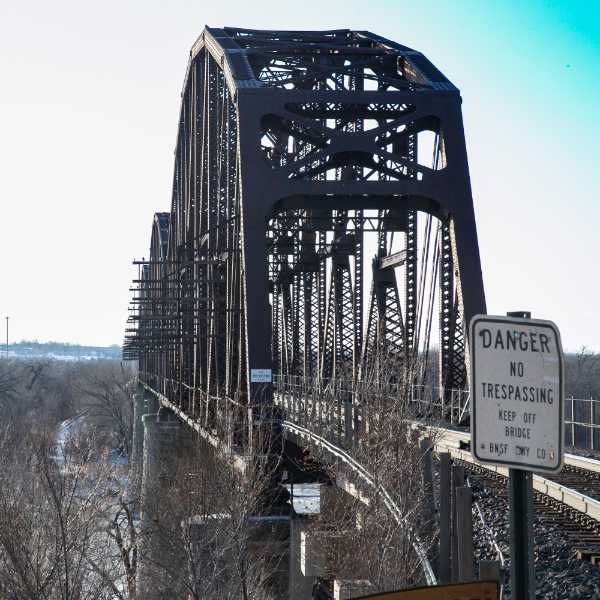Bismarck just landed center stage in a financial experiment: the Bank of North Dakota (based right here in the capital) has announced plans for a state-backed stablecoin dubbed Roughrider Coin, aimed initially at speeding up interbank transfers across North Dakota.
Set to pilot in 2026, Roughrider Coin will run on Fiserv’s digital-asset / FIUSD platform and will be fully backed, one-to-one, by U.S. dollars.
But this isn’t a simple tech upgrade — it raises serious questions for local Bismarck-area banks, regulators, and residents.
The Bank of North Dakota (BND) is the only state-owned general-purpose bank in the U.S. and has operations based in Bismarck.
With passage of the federal GENIUS Act earlier in 2025, the stablecoin regulatory framework got a boost — paving the way for states to explore such tokens.
BND is partnering with Fiserv, a payments and fintech infrastructure provider, to build and host Roughrider Coin on Fiserv’s digital-asset layer (FIUSD).
The first use case: behind-the-scenes bank-to-bank settlement, lowering delays (ACH or wire) and potentially reducing costs.
Down the road, the coin could be extended to businesses or consumers — but that is not the launch goal.
Adoption Strains on Community Banks
Many smaller banks and credit unions in Bismarck and surrounding counties will be asked to join the pilot or adapt to the new infrastructure. Some are enthusiastic, others cautious:
“We’ve been looking into stablecoin … I’m interested in learning more about the Roughrider coin,” said Sarah Getzlaff, CEO of Security First Bank of North Dakota (with operations in Bismarck area).
“The devil is always in the details … as long as they do a good job managing the risk … we’ll be interested,” said Alexis Baxley, president of Independent Community Banks of North Dakota.
Chief concerns these banks flag include:
Liquidity risk: Could funds rapidly move from deposit accounts into stablecoin holdings, straining bank reserves?
Operational burden: Upgrading systems, training staff, ensuring compliance — all at cost.
Regulatory uncertainty: Will state and federal regulators require new compliance standards (AML, consumer protections)
In Bismarck and statewide, the North Dakota Department of Financial Institutions will play a key oversight role. Commissioner Lisa Kruse has already signaled her agency may require additional staffing to manage new regulatory burdens.
Meanwhile, the North Dakota Industrial Commission, which oversees BND, has formally authorized the Roughrider project and lauded its innovative direction.
For everyday Bismarck residents, the change may be invisible at first — most use cases are behind the scenes. As BND executive Rick Geloff notes, customers may not “see a difference” initially.
“The creation of the Roughrider coin … could offer some great opportunities … but there’s concern … it can possibly drain deposits from an institution.” - Rick Clayburgh, President, North Dakota Bankers Association
Bismarck is now the ground zero for North Dakota’s bold experiment in state-level digital currency. Roughrider Coin is not just a fintech novelty — it’s a test of whether a capital-city bank, local institutions, regulators, and everyday citizens can adapt to a future where money is instant, programmable, and partly “on-chain.”
Whether this succeeds or stumbles, Bismarck’s banking sector is being challenged to take the leap — or risk being left behind.



